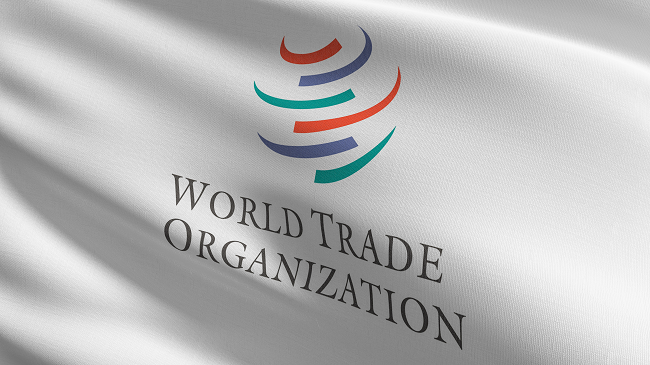
Governments should avoid imposing unnecessary export controls and instead release surplus food stocks to world markets to guard against a global food crisis, the World Trade Organization (WTO) director general has said.
Ngozi Okonjo-Iweala, who has been in post for just over a year, urged nations not to repeat the mistakes of previous food crises to avoid “spiking food prices, spiking energy prices, and an emerging spiral”.
Crunch
In an interview with the FT she said that the global supply chain crunch would last longer than expected but she hopes governments will avoid prolonging it by imposing unnecessary export restrictions.
“We should try not to compound the issues by having export restrictions put in place that may encourage others to put on their own export restrictions,” she said.
MFN
Okonjo-Iweala was referring both to controls imposed on exports of pharmaceuticals during the early stages of the pandemic and more recent sanctions that have been placed on Russia for its invasion of Ukraine.
As well as a broad set of trade sanctions, Western nations have taken to withdrawing Most Favoured Nation tariff rates from Russian imports – a key benefit of WTO membership.
In the UK, 35% duties have been introduced for a wide range of Russian exports, including vodka.
“It’s something we obviously don’t encourage, but under the WTO rules it is something that can be done,” she said.
‘Problems borne of success’
The New York Times also reports recent comments from Okonjo-Iweala about the global supply chain and food crises.
She said the WTO was monitoring the impact of the conflict in Ukraine to global food security, including sharp price increases for grain, oilseeds, vegetable oils, fertiliser and energy.
The Nigerian called for more countries to be brought into international production networks to address choke points in global supply.
However, she said that many of the supply chains issues during the pandemic were “problems borne of success” due to more goods moving across borders than ever before.
Mass migration
David Beasley, the World Food Programme’s executive director, also recently warned of the consequences of the Ukraine crisis for food security in poor countries.
The shock to international food markets would worsen the already dire problem of global hunger, he said, risking tipping famine-ravaged regions into political chaos and creating an unprecedented migration crisis.
“Failure to provide this year a few extra billion dollars means you’re going to have famine, destabilisation and mass migration,” he said in Politico.
Stocks high
Global and domestic food prices were already close to all-time highs before the war and there is now uncertainty over next seasons’ global harvests due to the sharp increase in fertiliser prices, according to the World Bank.
However, it points out that global stocks of rice, wheat, and maize – the world’s three major staples – remain historically high.



